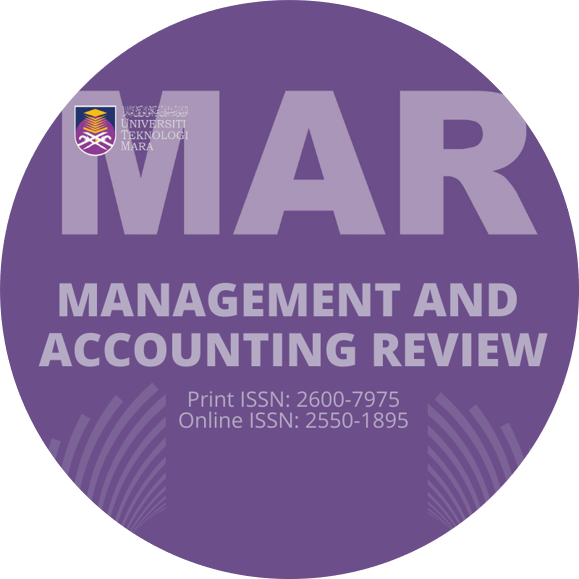Volume 23 No. 2, August 2024
https://doi.org/10.24191/MAR.V23i02-12
Demand Evaluating the Nexus: Factors Propelling Malaysia’s Export Competitiveness in Natural Rubber Downstream Products
Farah Hanani1, Norashida Othman2♣, Siti Norida Wahab2 and Sachnaz Desta Oktarina3
1School of Business & Management, City University Malaysia, Johor Bahru Campus, Malaysia
2Faculty of Business and Management, Universiti Teknologi MARA, 42300 Bandar Puncak Alam, Selangor Darul Ehsan, Malaysia
3Department of Statistics, Institut Pertanian Bogor (IPB) University, 16680 West Java, Indonesia
ABSTRACT
Malaysia, although being a significant player in the international rubber market, faces difficulties in properly capitalising on rubber exports to strengthen its national accounts. This can be attributed to the challenges posed by limited land availability and uneven productivity distribution. Hence, the aims of this study were: (i) to evaluate Malaysia's comparative advantage in the production of natural rubber downstream products compared with Thailand, the primary natural rubber producer and (ii) to examine the influence of trade openness (TO), foreign direct investment (FDI), gross domestic product (GDP), and inflation (INF) on Malaysia's export competitiveness in the natural rubber industry. This study utilised secondary data from the United Nations Commodity Trade Statistics Database (COMTRADE) and World Bank data spanning 32 years, from 1990 to 2021. The study used regression analysis and the autoregressive distributed lag (ARDL) technique to uncover the index of relative export advantage (RXA). The RXA index revealed that Thailand was more competitive in natural rubber exports than Malaysia. Furthermore, the ARDL technique findings indicated that trade openness (TO) and inflation (INF) had a considerable statistical impact on Malaysia's export competitiveness in the natural rubber industry. Meanwhile, foreign direct investment (FDI) significantly affected export competitiveness in the long term.
Keywords: Relative Export Advantage, Rubber Downstream, National Accounts autoregressive distributed lag.ARTICLE INFO
Article History:
Received: 09 December 2023
Accepted: 21 March 2024
Available online: 01 August 2024





